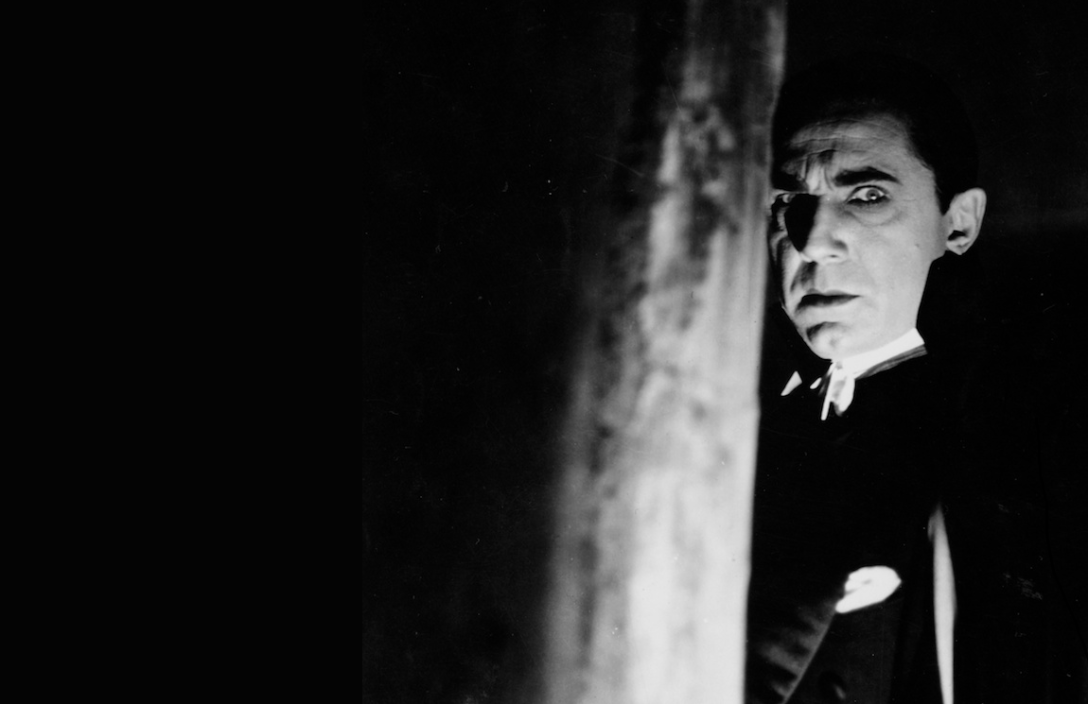Extract from new post for the Wordsworth Editions Blog… To read Frankenstein is to enter a realm of intersecting myths. It is there immediately in the novel’s original subtitle ‘The Modern Prometheus’, a comparison between the Faustian Victor Frankenstein and the Titan who stole fire from the gods and was punished horribly for gifting it to humanity.… Continue reading Frankenstein and the Romantic Hero
Category: Romanticism
The Opium Eaters – A Work in Progress
If anyone was wondering, this is what I'm currently writing. This project grew out of a panel I spoke on at The Bradford Literature Festival in 2019... THE OPIUM EATERS: High Literature and the Art of Addiction (Morton Books) When the brilliant Oxford drop-out and freelance journalist Thomas De Quincey published his seminal article ‘Confessions of… Continue reading The Opium Eaters – A Work in Progress
The Rise of the Gothic Novel
New post for Wordsworth Editions Blog... During the Renaissance, ‘gothic’ was a label for all things barbarous. To European Humanist intellectuals, there were two epochs of cultural excellence in human history: the Classical and their own. These were separated by a terrible period of ignorance and brutality – the Dark and Middle Ages – brought… Continue reading The Rise of the Gothic Novel
Man of La Manchester
It's been a long time coming, but my new biography of the 'Lancashire Novelist' William Harrison Ainsworth, The Author Who Outsold Dickens is published in hardback today from Pen & Sword Books. Here's the Prologue... On the evening of Thursday, 15 September 1881, the man they called the ‘Lancashire Novelist’ attended a mayoral banquet in his… Continue reading Man of La Manchester
Duel at Chalk Farm Tavern: A Regency Tragedy
Guest post for Geri Walton's Blog: Unique Histories from the 18th and 19th Centuries... On the night of Friday, February 16, 1821, two men faced each other across the field of honour, a wooded knoll beyond the Chalk Farm Tavern near Primrose Hill, to the north of a great chase that had yet to become… Continue reading Duel at Chalk Farm Tavern: A Regency Tragedy
Shark Alley
THE MEMOIRS OF A PENNY-A-LINER James ‘Jack’ Vincent (1808 – c.1888) was a Chartist novelist and journalist whose name is now as obscure as it was once, briefly, famous, his popular fiction from the first half of the nineteenth century quickly eclipsed by the next generation of literary authors, a generation that seemed to proliferate… Continue reading Shark Alley
The Final Entry in the Journal of the Late Leviticus Lovecraft
From the Jack Vincent Papers, Volume I, believed to have been written in 1820... October 31, 18— My reason fails me this night. Already, I have seen the shadows moving in the darkness beyond the glass. And yet, they tell me that I am ill. Ill I am, but I know that I be not… Continue reading The Final Entry in the Journal of the Late Leviticus Lovecraft
Pugin: The Mad Genius of the Gothic Revival
Augustus Welby Northmore Pugin (1812 – 1852) was an English architect and propagandist. Although the Gothic Revival began before Pugin, no single person did more than he in accelerating its influence, progress and ascendancy as the National Style of Victorian Britain. Pugin’s father, Augustus Charles (1769 – 1832), was a refugee from France who came… Continue reading Pugin: The Mad Genius of the Gothic Revival
The Gothic Revival
During the Renaissance, ‘Gothic’ became a pejorative label for all things barbarous. In a model of history probably first posited by Petrach and developed and disseminated by Italian Renaissance Humanists, it was believed that there were two epochs of cultural excellence, the Classical and their own. These were separated by a terrible period of ignorance… Continue reading The Gothic Revival
John William Polidori: The Man Who Wrote ‘The Vampyre’
John Polidori was a promising writer who died tragically young. His reputation has suffered at the pens of the Byron circle, of which he was briefly a member, and their biographers. He is best known for his story ‘The Vampyre’ (1819), which created the modern myth of the aristocratic undead that endures to this day.… Continue reading John William Polidori: The Man Who Wrote ‘The Vampyre’










